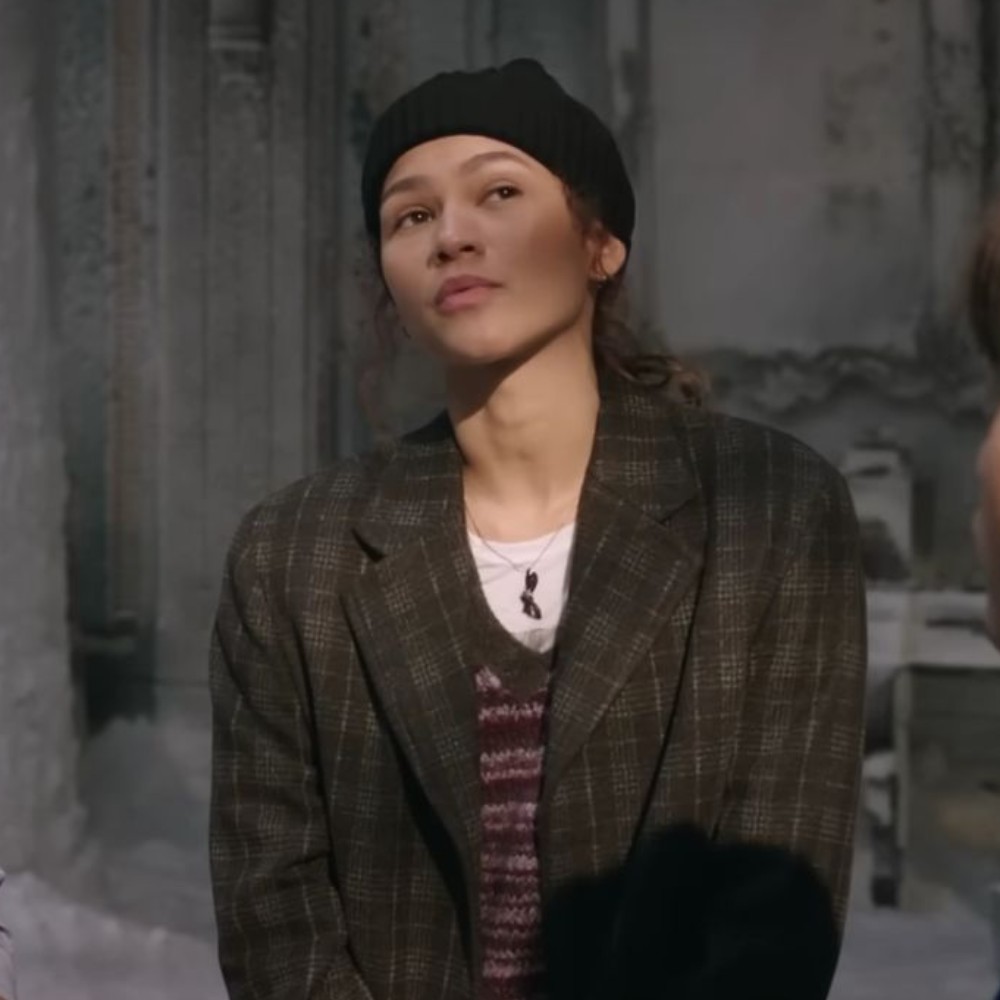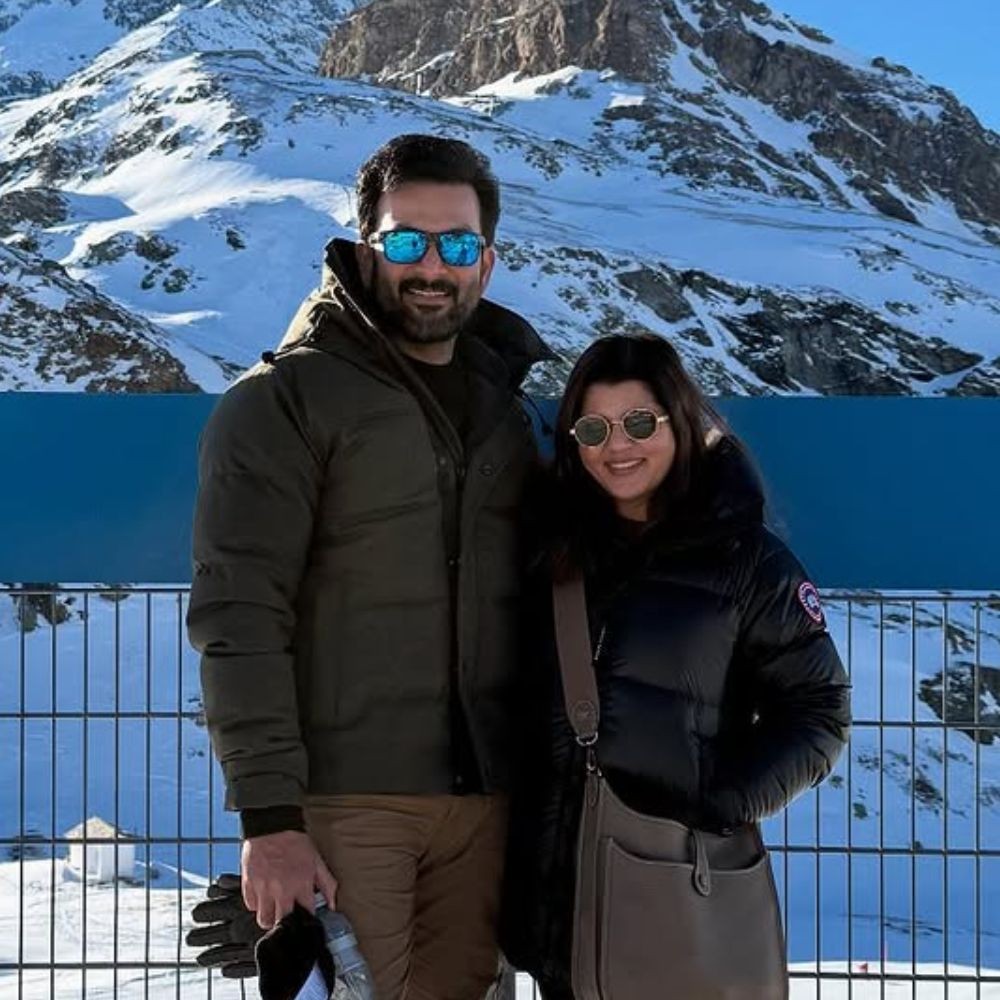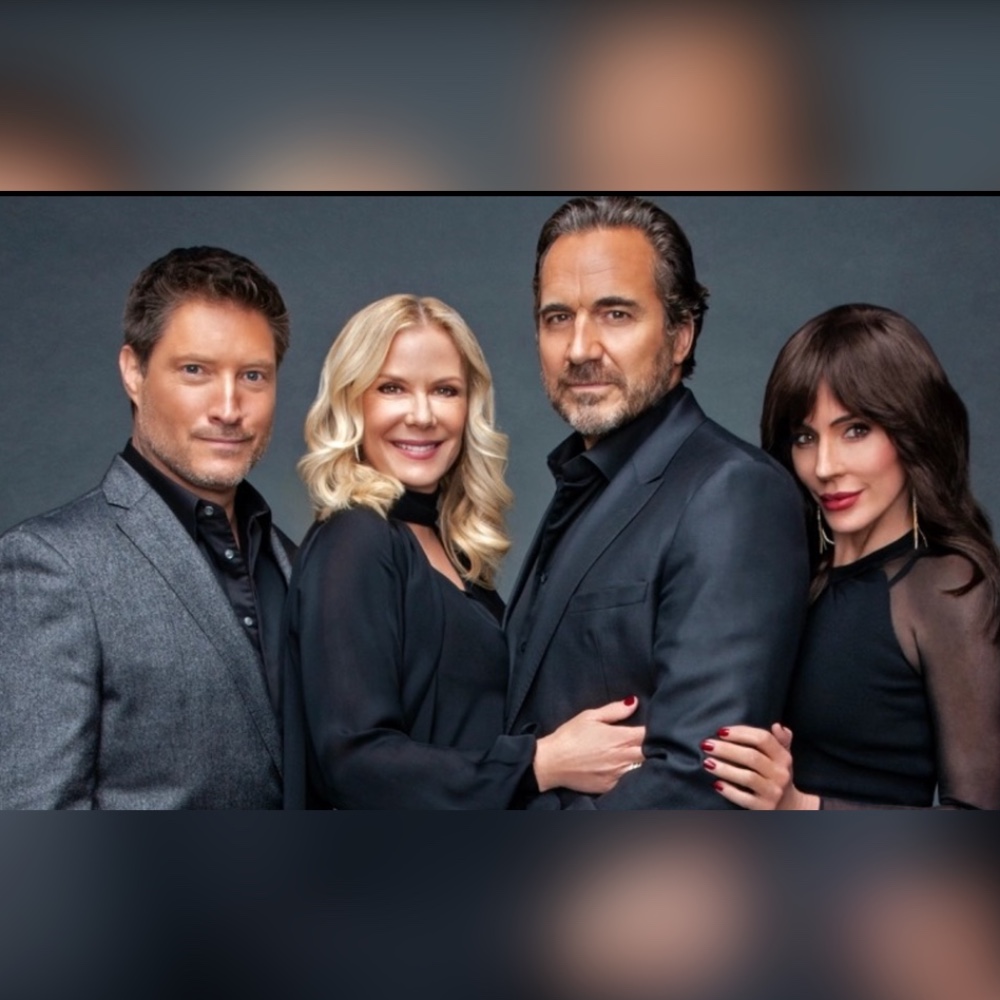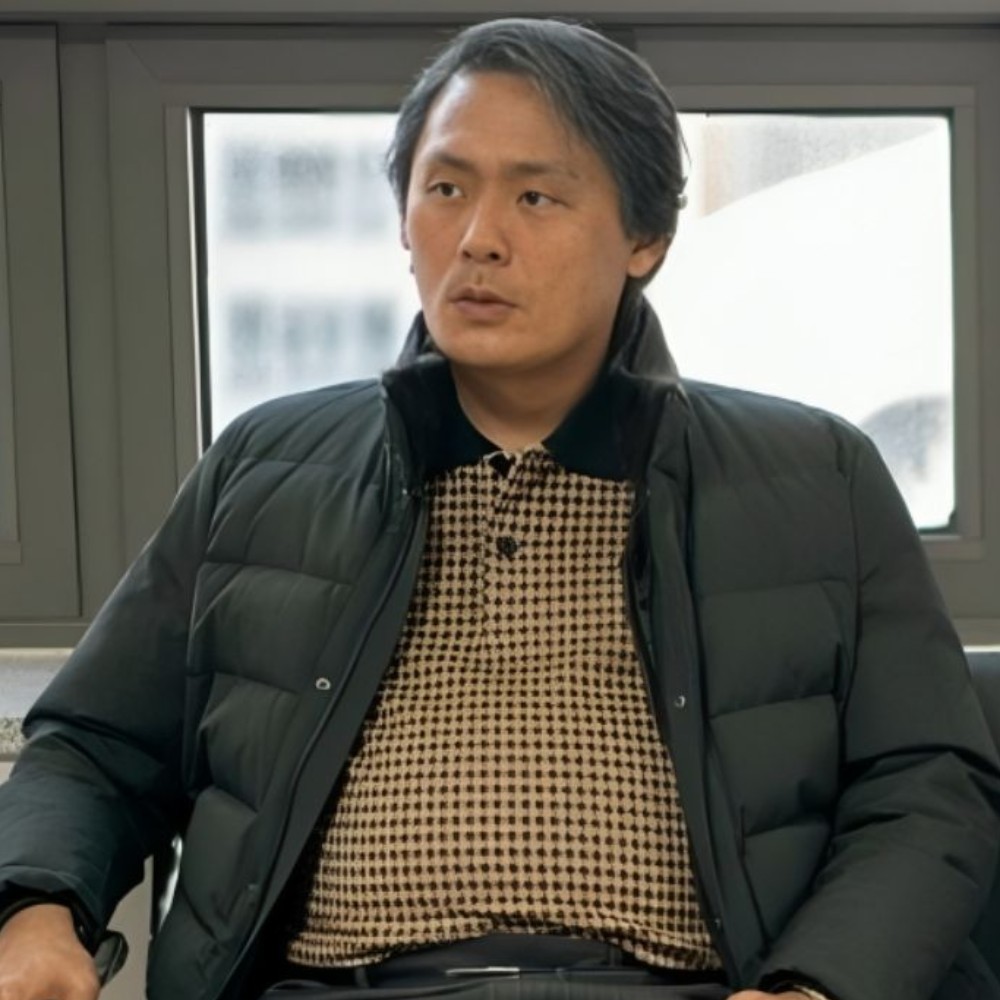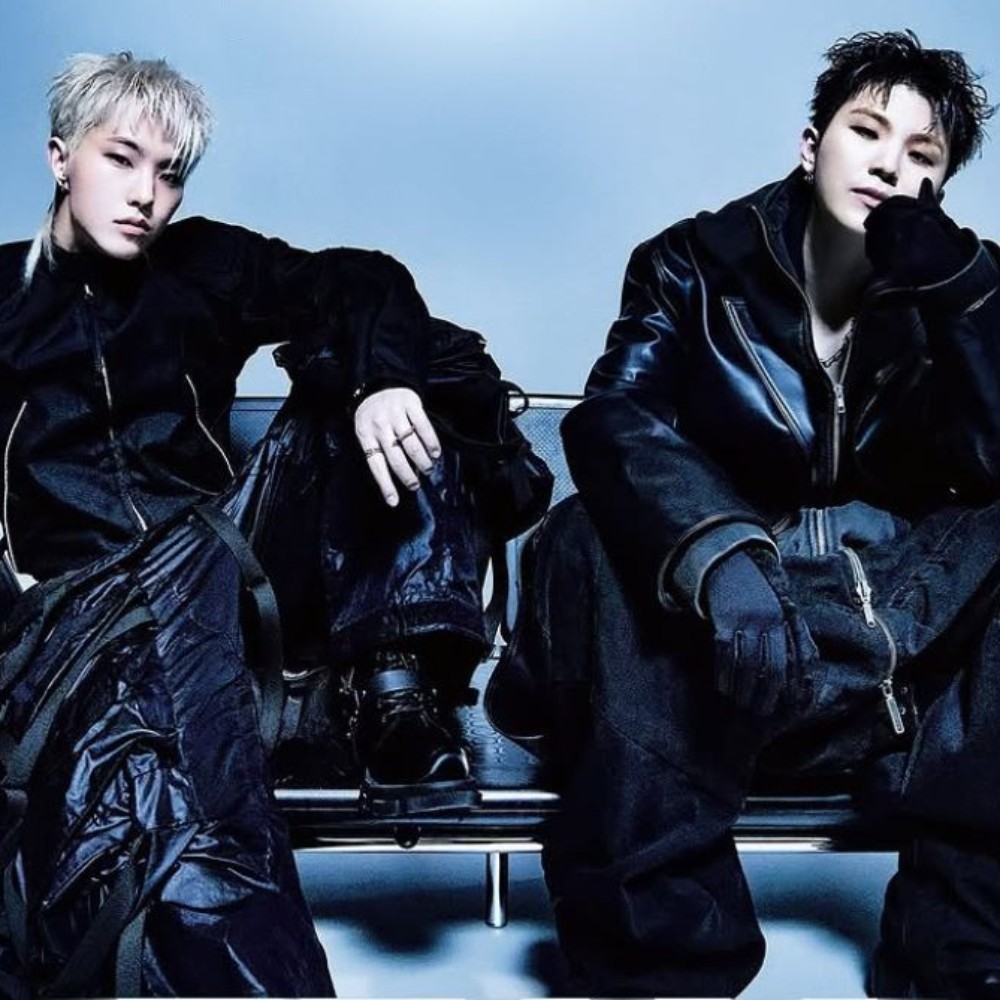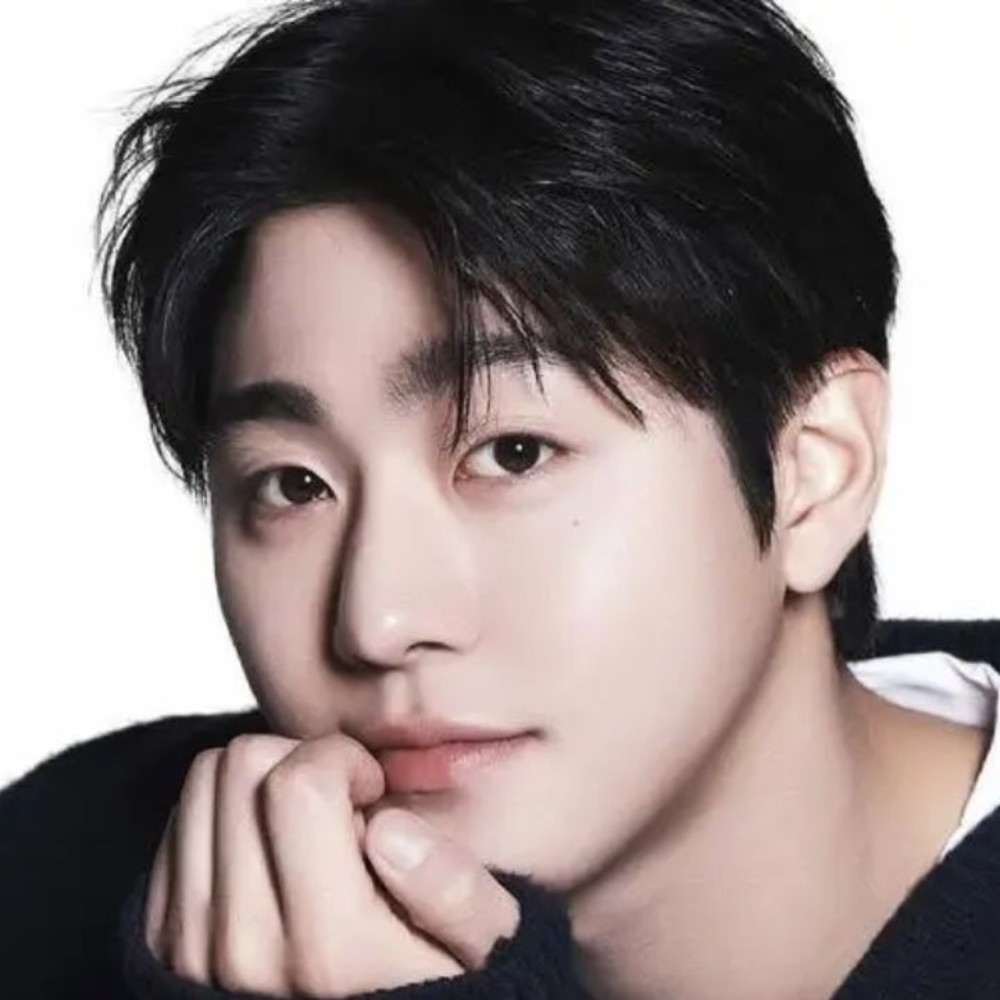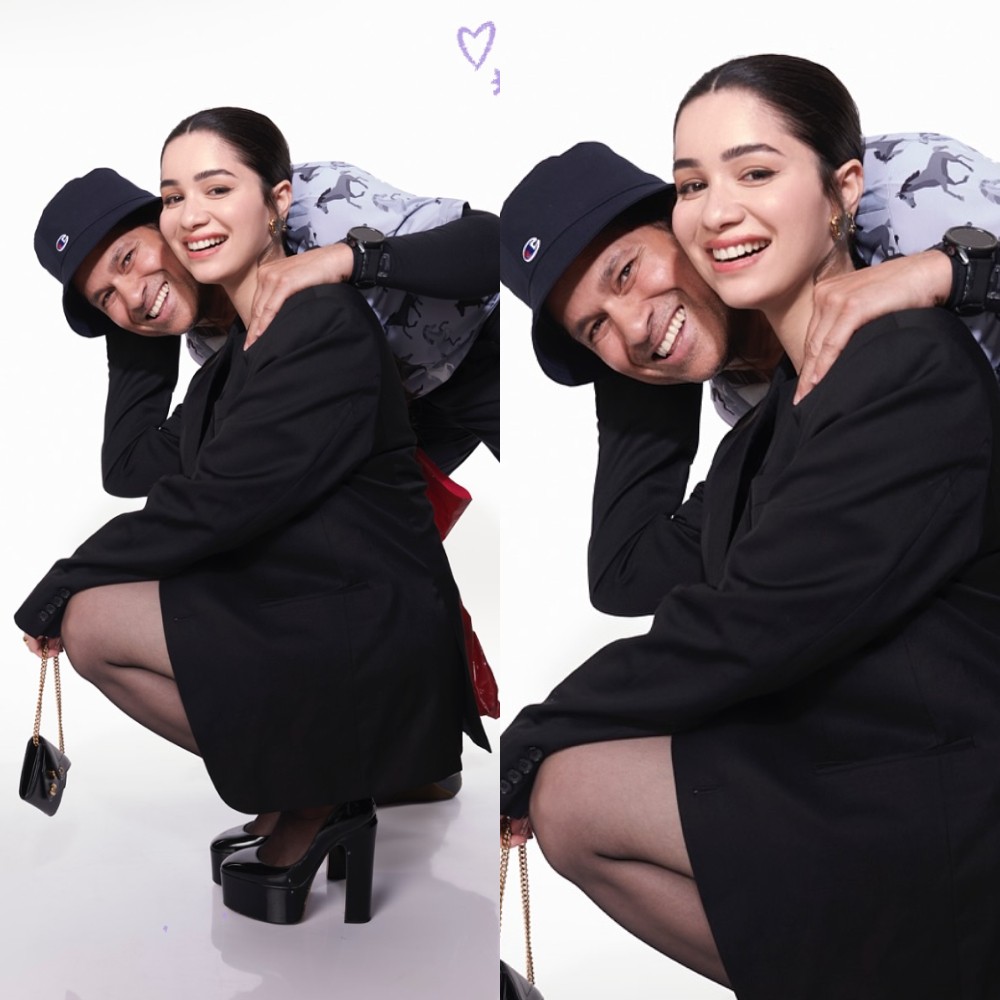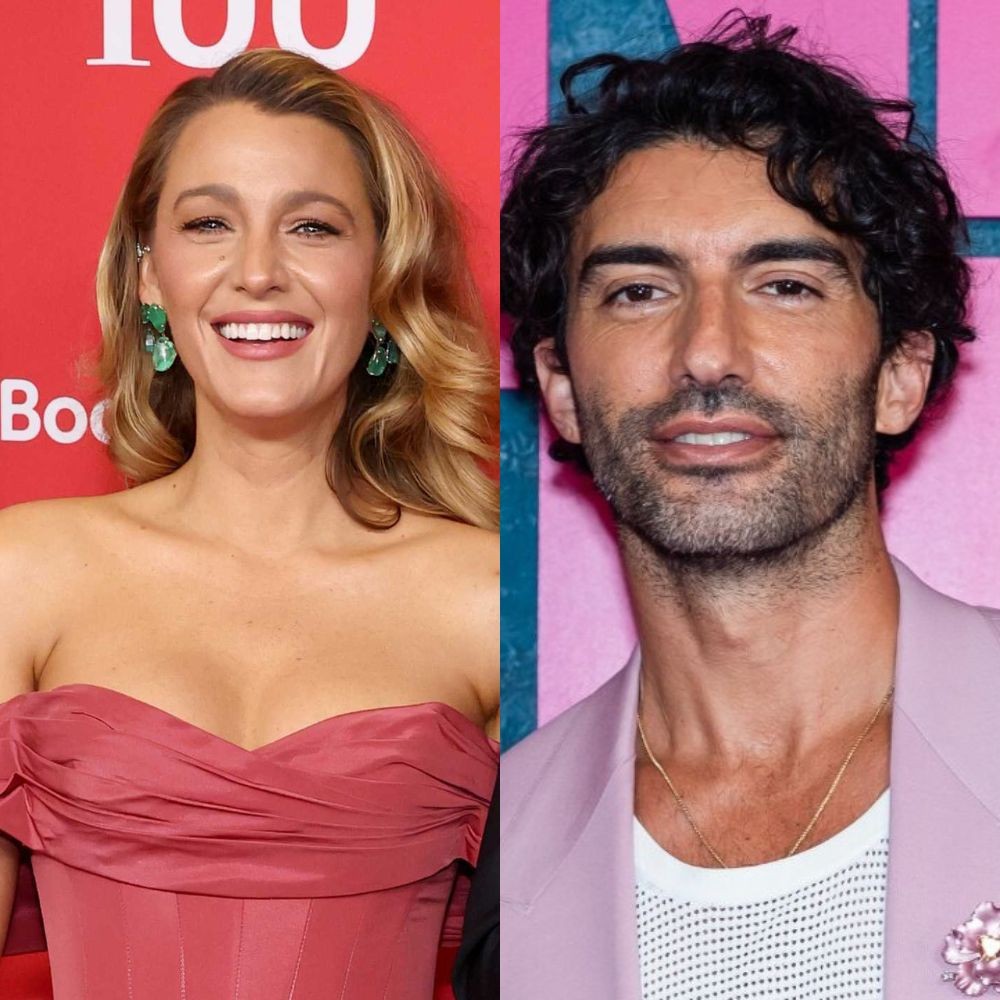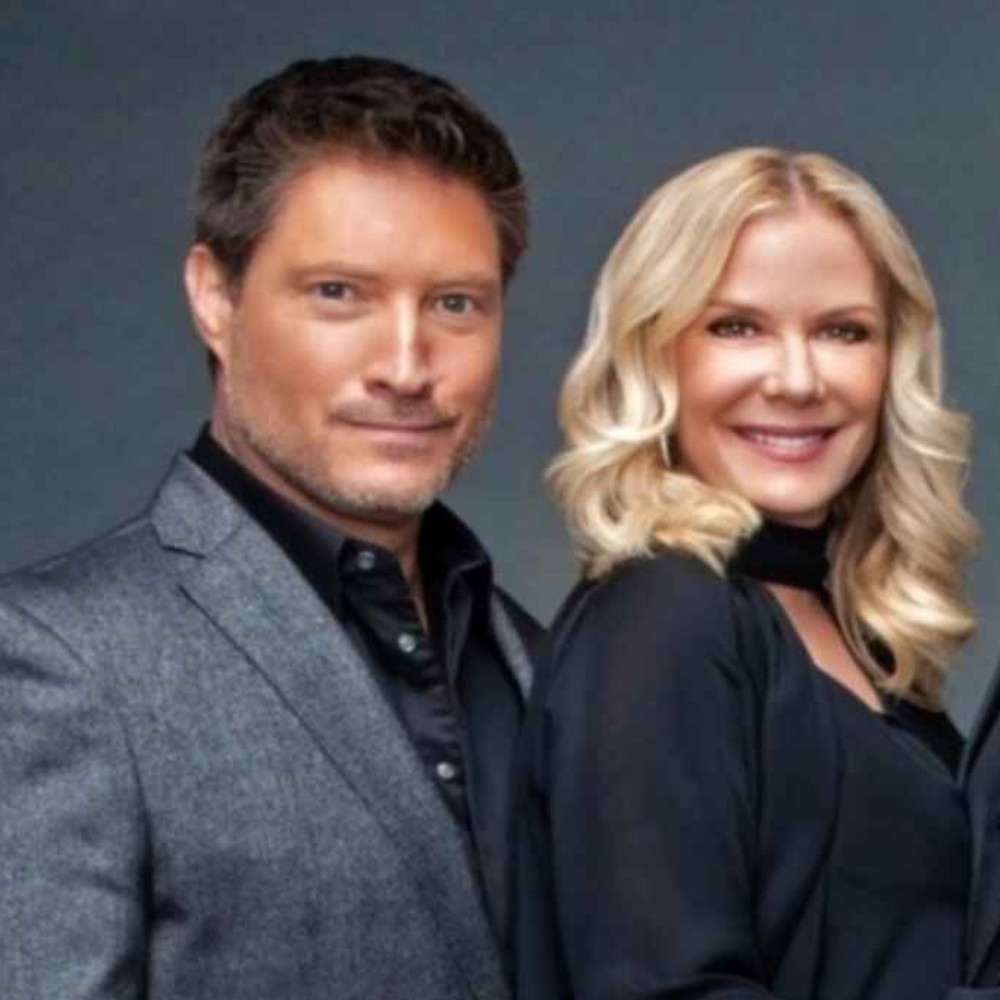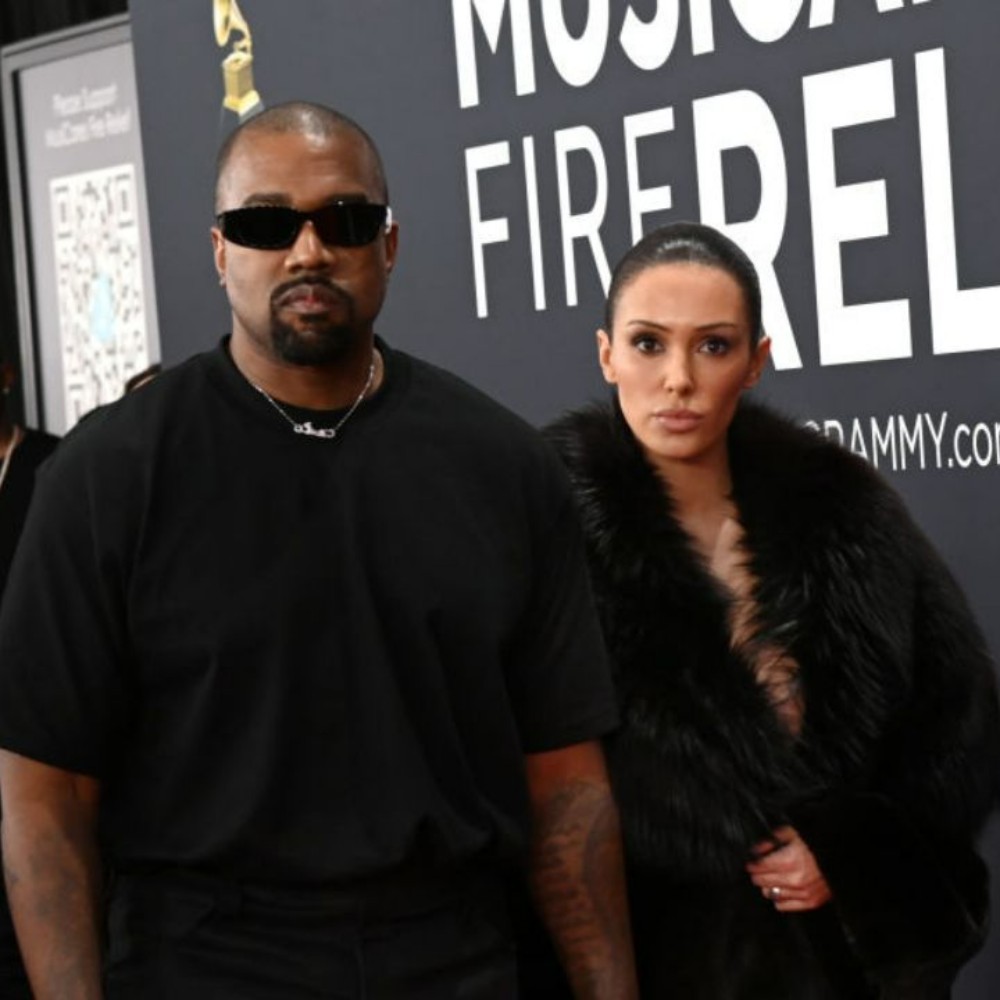Will There Be A Tokyo Vice 3? Sequel Finale Teases New Season Like THIS
While not officially confirmed, finale of Tokyo Vice Season 2 hints at Season 3 continuation, as show runners discuss how it wraps up previous storylines and draws inspiration from true events
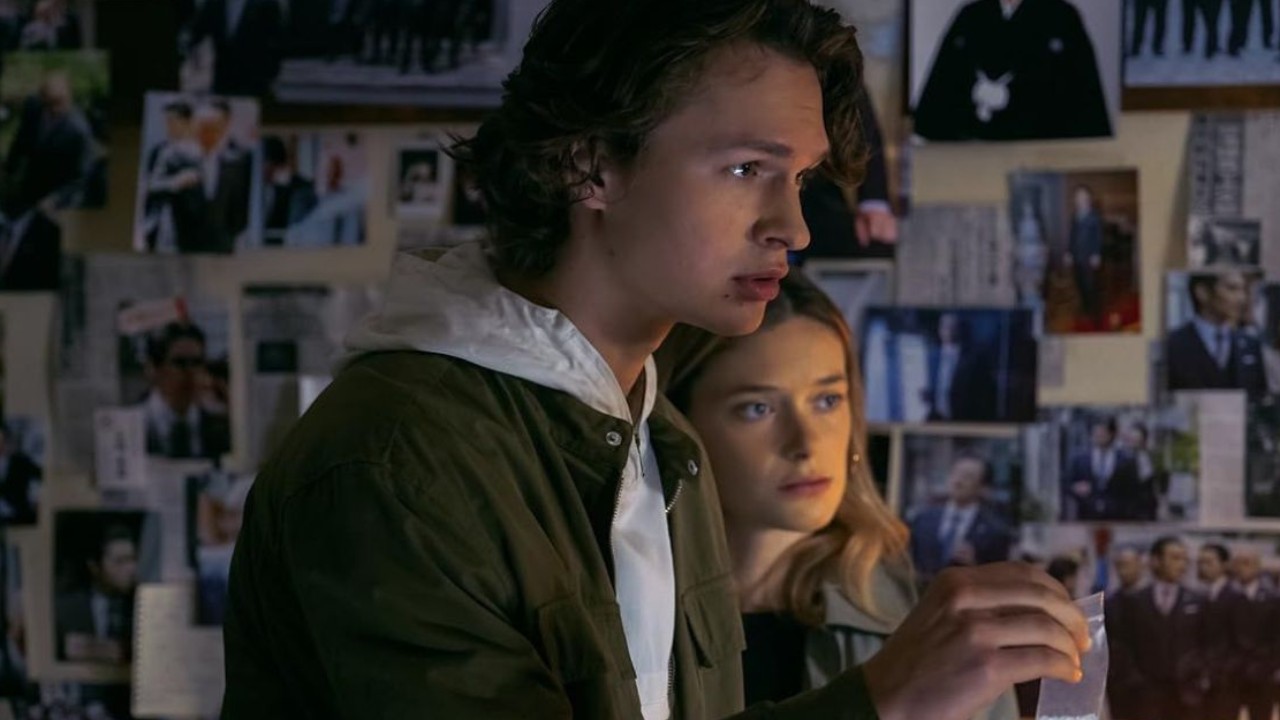
Note: The following contains spoilers for the Season 2 finale of Tokyo Vice.
In the nail-biting conclusion of Tokyo Vice Season 2, Episode 10 titled Endgame, viewers might find themselves pleasantly surprised by the somewhat upbeat ending, considering the gritty backdrop of the Yakuza-infested crime world. Drawing inspiration from journalist Jake Adelstein's real-life experiences covering the Japanese police beat, the show wraps up several plotlines with satisfying resolutions.
However, don't stash away those expectations just yet, because creator and showrunner J.T. Rogers, alongside director/executive producer Alan Poul, have deliberately left the door ajar for a potential Season 3, if the powers that be give it the green light.
In an interview with TheWrap, Rogers and Poul delved into the intricacies of the finale and tantalizingly teased what lies ahead for our beloved characters, should the series continue its thrilling journey.
Detective Katagiri's Dilemma: Redefining Justice in the Finale of The Right Choice
In the heart-pounding finale, Detective Katagiri (played by the legendary Ken Watanabe) drops a bombshell with his statement: "The right choice is not the moral choice." As the characters are thrust into harrowing decisions, Katagiri finds himself compromising his commitment to upholding the law in the pursuit of justice.
By orchestrating the likely demise of Yakuza kingpin Shinzo Tozawa (portrayed by Ayumi Tanida), he shatters expectations and challenges conventional notions of righteousness. When confronted by Jake (played by Ansel Elgort), Katagiri delivers a jaw-dropping revelation, suggesting that sometimes the path to justice demands sacrifices that defy moral standards.
In Katagiri's eyes, his drastic actions were the only viable means to dismantle Tozawa's empire. This includes casting doubt on Jake's journalistic endeavors, implying that his failure to expose Tozawa contributed to the necessity of Katagiri's controversial methods.
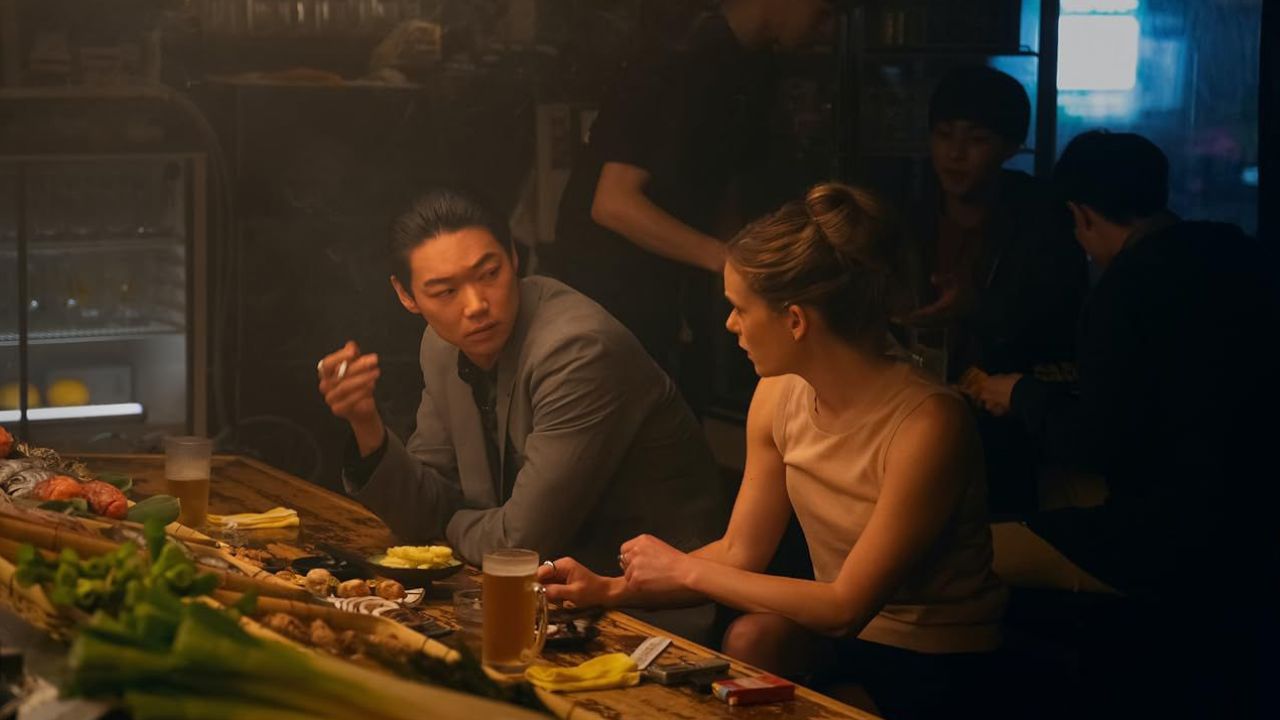
Tokyo Vice: Blurring Fiction and Reality Through the Lens of Yakuza
Rogers and Poul were quick to clarify that while Tokyo Vice is a work of fiction, it draws inspiration from real-life events, with a particular nod to a true-to-life Yakuza figure who serves as the basis for the character of Tozawa.
The actual individual behind this portrayal was Tadamasa Goto, whose story took a riveting turn when he flew to the U.S. for a crucial liver transplant, a procedure orchestrated by the U.S. government in exchange for Goto's collaboration with the FBI.
Poul highlighted the significance of this real-life incident in propelling Jake Adelstein, upon whom the series is loosely based, into the limelight. According to Poul, Adelstein had unearthed crucial information about the liver transplant and was prepared to unveil the story to the world.
However, his newspaper hesitated to publish it, sparking accusations of censorship or appeasement to the Yakuza. Undeterred, Adelstein took matters into his own hands, ultimately breaking the story through an alternative avenue: the pages of the Los Angeles Times.
“[Adelstein] had the goods and he figured out about the liver transplant, and he was ready to break the story, and his paper would not run it,” Poul said.
“It just seemed like censorship, outrage, craven cowardice, or bowing to the Yakuza or whatever. And then he did an endrun and had it published in the Los Angeles Times.”
ALSO READ: Disney To Integrate ESPN Streaming Services with Disney+: Here's What Subscribers Can Expect
Tokyo Vice: Betrayal, Truth, and the Sacrifice of Journalistic Integrity
In a twist of journalistic ethics, newspaper bigwig Ozaki (played by Bokuzō Masana) drops a bombshell in the finale by confessing that he was the one who destroyed the incriminating video showing the Season 1 murder of Polina, a close associate of Jake and Samantha (portrayed by Rachel Keller).
Jake had entrusted the video to the paper's custody for safekeeping, but alas, a mysterious fire obliterated this crucial piece of evidence.
Ozaki defends his controversial decision to Jake's supervisor, Emi (played by Rinko Kikuchi), by arguing that he had to prioritize the broader interests of the paper, particularly safeguarding its access to influential government sources.
Given how the video implicated high-ranking officials, its release could have severely jeopardized these relationships. In a move reminiscent of the real-life Adelstein's actions, Emi chooses to take a bold stand for truth by publishing the entire story in an external magazine. This courageous decision ultimately leads Emi to bid farewell to her role at the newspaper, opting to continue her journalistic crusade from the outside.
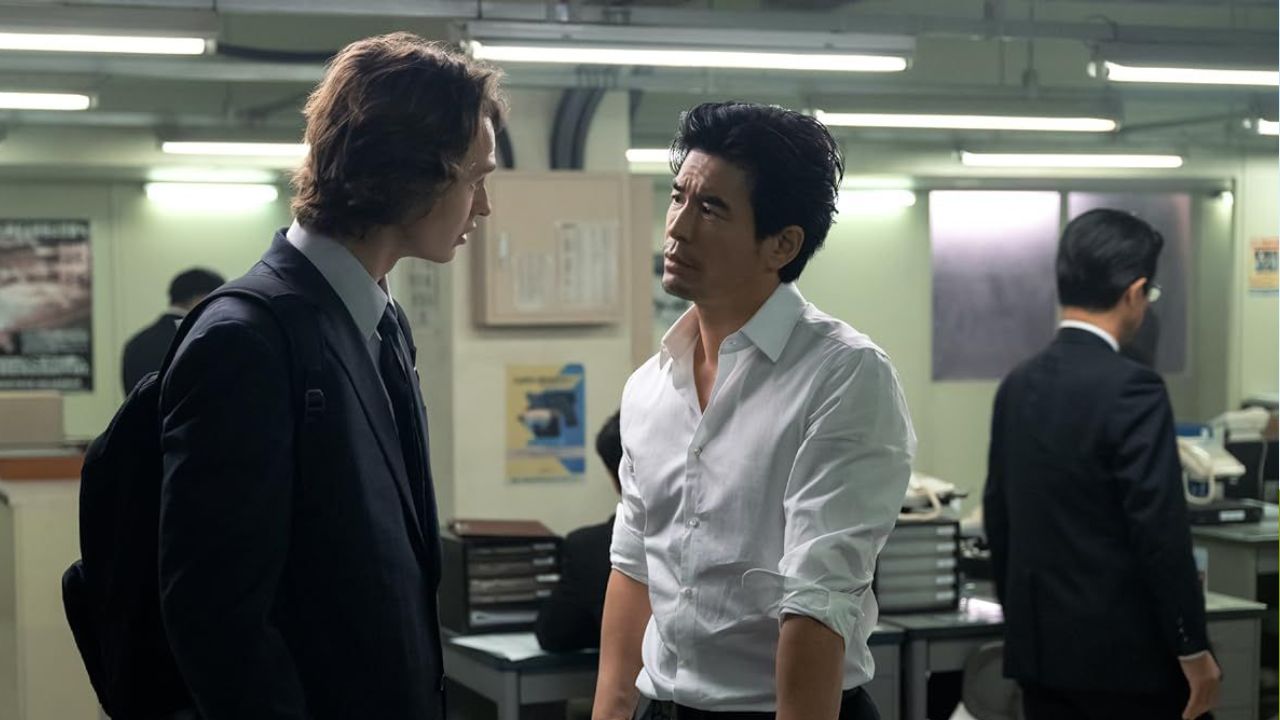
“When Ozaki gives that speech, what you’re really getting is the other side of that decision,” Poul said. “Which is what I need to remain effective and in the game as a newspaper, and that means that I can only alienate my sources and the levers of power to a certain extent.”
“What I’m always looking for in the writing is, where do we get an argument where it’s two rights and not a right and wrong?” Rogers said.
Speaking of Ozaki and Emi’s differing perspectives, he added, “He’s right. And she’s right. And it doesn’t mean we have to agree or say that we would do the same thing, but then you have to say, well, what would I do?”
In the Season 2 finale of Tokyo Vice, Sato, a character dwelling in the murky ethical waters of the show's protagonists, plays a pivotal role in administering justice to Tozawa, under the tacit approval of Katagiri.
Rogers sheds light on Sato's complex character, labeling him as a quintessential tragic figure within the series. Sato grapples with his exceptional prowess in a realm he's uncertain about, displaying shades of ambivalence akin to Shakespeare's Hamlet.
Rogers elaborates on the ethical underpinning of the show, emphasizing the recurring theme of characters wrestling with tough decisions. He describes a guiding principle for the narrative, wherein individuals are constantly navigating through a landscape of moral ambiguity. As Rogers puts it, it's all about grappling with the tragic view of history, wherein characters are faced with a multitude of unfavorable options, compelling them to discern the lesser of evils.
ALSO READ: The Young and the Restless Spoilers: Will Audra Accept Tucker's Proposal?
Tokyo Vice Season 3: Brewing Intrigue and Unraveling Mysteries
While the fate of Tokyo Vice Season 3 remains uncertain, recent trends indicate a burgeoning interest in Japanese-themed programming, as evidenced by the success of both Tokyo Vice and FX's recent Shogun, according to data from TheWrap's partners at Parrot Analytics. When questioned about his plans for future projects in light of this growing fascination, creator J.T. Rogers cheekily responded, “Yeah, it’s called Season 3 of Tokyo Vice.”
Rogers revealed that he's already begun fleshing out ideas for the potential third season, both mentally and on paper. However, he acknowledges that the ultimate decision lies in the hands of the powers that be, “We’ll get to to see if we get to make it.”
One tantalizing storyline left dangling for exploration in a potential Season 3 involves Tozawa's widow, who enters into business with Jake's friend Samantha and delivers a chilling warning to Jake. Executive producer Alan Poul expresses hope that this moment resonates with viewers, hinting at the rich narrative possibilities awaiting further exploration.
ALSO READ: The Young and the Restless Spoilers: Will Audra Accept Tucker's Proposal?
Tokyo Vice's Explosive Finale: Unveiling Mrs. Tozawa's Secret Agenda
Alan Poul, laughing, shared his excitement about the last bombshell reveal in the finale, "The last reveal, which is Mrs. Tozawa turning to Jake and saying, 'I'm the one that sent you that f–king tape!'" He hoped it landed as a major surprise for viewers. Poul emphasized that this revelation serves as a crucial puzzle piece, offering a retrospective clarity to the narrative.
He elaborated that this moment unveils Mrs. Tozawa's covert mission to bring down her husband since Season 1, a plan thwarted by Jake's failure to publish the incriminating tape before it was destroyed. Poul pondered on the what-ifs, suggesting that had Jake been more cautious with the tape, perhaps events would have unfolded differently.
Mrs. Tozawa's stern warning serves as a stark reminder to Jake of his past missteps. She makes it clear that she won't easily forgive his failure to act on the damning tape she provided.
As for the future of the series, Rogers remained tight-lipped about specific Season 3 plotlines, acknowledging that nothing is set in stone until a renewal is confirmed. He expressed fondness for the existing characters but hinted at the potential introduction of new faces to enrich the story's universe. Rogers assured fans that the show will continue to delve into complex moral dilemmas, hinting at themes of power and desire.
"I don't want to give too much away about Season 3 just yet; we're still in limbo waiting for the green light," Rogers explained. "But I can promise more of the same morally gray territory that keeps viewers hooked. How does power corrupt both the wielder and the target? And what happens when you finally achieve your desires, only to question if you truly wanted them in the first place?"
With fingers crossed for another season, Rogers teased, "Expect more goodness to come, for better or for worse. That's just how we roll."
Poul noted, “Obviously, this has been a big homecoming for me, because I had started my career in Japan, and then sort of very consciously separated myself from the country in terms of filmmaking for 25 years. And now I’ve come back, and so I will keep my hand in — I’ve got a couple of other projects in development that will be based in Japan.”
Alan Poul Explores Hollywood's Growing Fascination with Japan Through Tokyo Vice
Alan Poul delved into the evolving fascination with Japan in American pop culture, highlighting a shift from traditional, exoticized depictions to a more nuanced appreciation, particularly among younger generations. He noted the surge of interest rooted in Japanese manga, anime, and gaming culture, which has captivated a growing number of enthusiasts, including many high schoolers.
Poul emphasized the groundbreaking nature of "Tokyo Vice" as the first Western show to shoot entirely in and around Tokyo, contrasting it with the conventional practice of filming on sets in Vancouver, Canada. He joked about the skepticism surrounding shooting in Tokyo, suggesting that the show's successful execution has inspired confidence in future endeavors.
Moreover, Poul teased that his firsthand experience on the ground has revealed a wave of upcoming shoots in Japan for various projects, hinting at a broader trend of Hollywood productions tapping into the country's rich cultural backdrop.
Empowering Female Characters: The Evolution of Detective Nagata in Tokyo Vice Season 2
In Season 2 of Tokyo Vice, creator J.T. Rogers aimed to amplify the strength and agency of the show's female characters. One impactful addition was Detective Nagata, portrayed by Miki Maya, who catalyzes Katagiri's willingness to bend the rules to bring down Tozawa.
Rogers described Nagata as a badass, complicated female who can stand toe-to-toe with Katagiri and Ken Watanabe's commanding presence. He emphasized that Nagata's role breaks away from traditional archetypes like romantic foils or spies, instead presenting her as a character driven by her own motivations, much like the male leads.
Executive producer Alan Poul expressed pride in the creation of Nagata, noting her originality and the significance of her portrayal in challenging gender norms. He highlighted the achievement of depicting a strong female character breaking through the glass ceiling in a way that feels authentic and organic to the story, noting that such a portrayal might not have emerged as naturally in a Japanese production.
In Season 2 of Tokyo Vice, the female lead Samantha finds herself preparing for a new business venture, which will take her away from Tokyo for a while. While conventional storytelling might have pushed for a larger romantic arc between Jake and Samantha, creator J.T. Rogers believed such a development wasn't necessary for their narratives, or for any of the central female characters.
Rogers emphasized his belief in the power of subtlety, suggesting that a little bit of violence and sex can carry more weight than an abundance of it. He stressed the importance of imbuing each act, whether violent or intimate, with significance, ensuring they are driven by character motivations rather than mere plot devices.
In essence, Rogers aimed for every death and every moment of intimacy in the show to have meaning, steering away from gratuitous violence or romance for the sake of it, and instead focusing on deepening the characters' journeys and relationships.
Behind the Scenes of Tokyo Vice: How J.T. Rogers and Jake Adelstein Crafted the Series Narrative
J.T. Rogers, the creator of Tokyo Vice, has had a long-standing relationship with the real-life Jake Adelstein since childhood, utilizing him as a valuable resource in shaping the series, alongside other journalism consultants.
Rogers highlighted the collaborative process of crafting the show's narrative, where Adelstein and others would provide input on desired plot developments based on their journalistic experiences. Rogers would then delve into the ethical considerations behind these scenarios, ensuring that even as he fictionalized and tweaked events, they remained grounded in reality.
Initially greenlit for two seasons, the creators meticulously mapped out an overarching arc spanning both installments. Rogers shared that while about 80% of the envisioned storyline remained intact, the remaining 20% evolved during production, often spurred by discoveries made in collaboration with the actors.
Rogers described how the creative team would seize on new ideas during production, incorporating them seamlessly into the narrative. He recounted instances where suggestions for additional scenes between characters would arise, leading to swift action in drafting and refining these additions.
The culmination of this collaborative effort can be seen in the Season 2 finale of "Tokyo Vice," now available on Max, where the initial two-season arc reaches its climax.





 JOIN OUR WHATSAPP CHANNEL
JOIN OUR WHATSAPP CHANNEL
